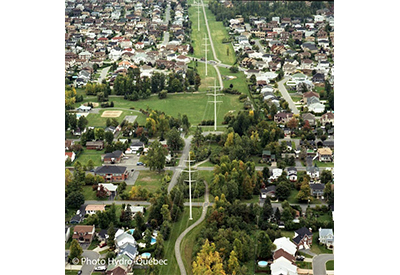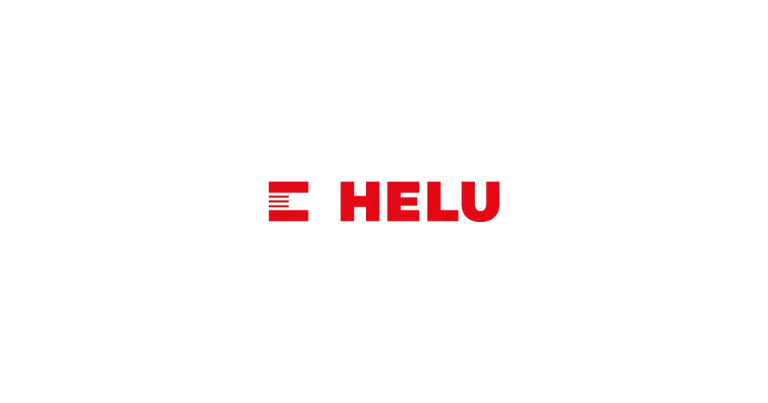The UMQ and Hydro-Québec Sign Framework Agreement Concerning use of Transmission Line Rights-of-Way for Recreational and Community Purposes

March 6, 2020
Suzanne Roy, Acting President of the Union des municipalités du Québec (UMQ) and Mayor of Sainte-Julie, and Marc Boucher, President of Hydro-Québec TransÉnergie, have announced the signing of a framework agreement specifying the conditions and advantages offered to municipalities in leases of transmission line rights-of-ways for the purpose of developing recreational and community facilities that are compatible with the power system, such as bike paths, sports fields and community gardens.
Under the agreement, the parties will ensure that the development of these spaces integrates harmoniously with Hydro-Québec’s facilities and allows for the multipurpose use of rights-of-way in a manner that benefits all residents.
“This agreement highlights the fact that municipalities and Hydro-Québec are committed to working together closely to develop assets in the interests of communities,” stated Mr. Boucher.
“The agreement confirms the importance of making full use of the transmission line rights-of-way in our municipalities,” affirmed Ms. Roy. “It demonstrates that the rights-of-way provide opportunities for development, rather than obstacles to development. By creating such recreational and community spaces, municipalities are establishing attractive living environments that promote social acceptability.”
Among other things, the agreement provides for:
- lump sum rent not exceeding $1,000 per year for certain recreational and community uses, instead of rent based on market value;
- the possibility of lease renewal options for a term of up to 15 years,
- compensation to municipalities that have invested in the rights-of-way, should Hydro-Québec be required to take back the leased property before the end of the lease;
- right of first refusal to municipalities that have entered into a lease agreement, in the event that Hydro-Québec sells the leased land.
The terms and conditions of the agreement apply only to leases between Hydro-Québec and a municipality in the specific context of developing recreational and community facilities in an operational transmission line right-of-way. The agreement does not apply to other real estate transactions between Hydro-Québec and municipalities, which remain subject to market practices and rates.
Ms. Roy and Mr. Boucher wish to thank everyone who was involved in preparing the agreement and for their spirit of openness throughout the process.
An electronic version of the agreement will be available shortly on the websites of the UMQ and Hydro-Québec.

















